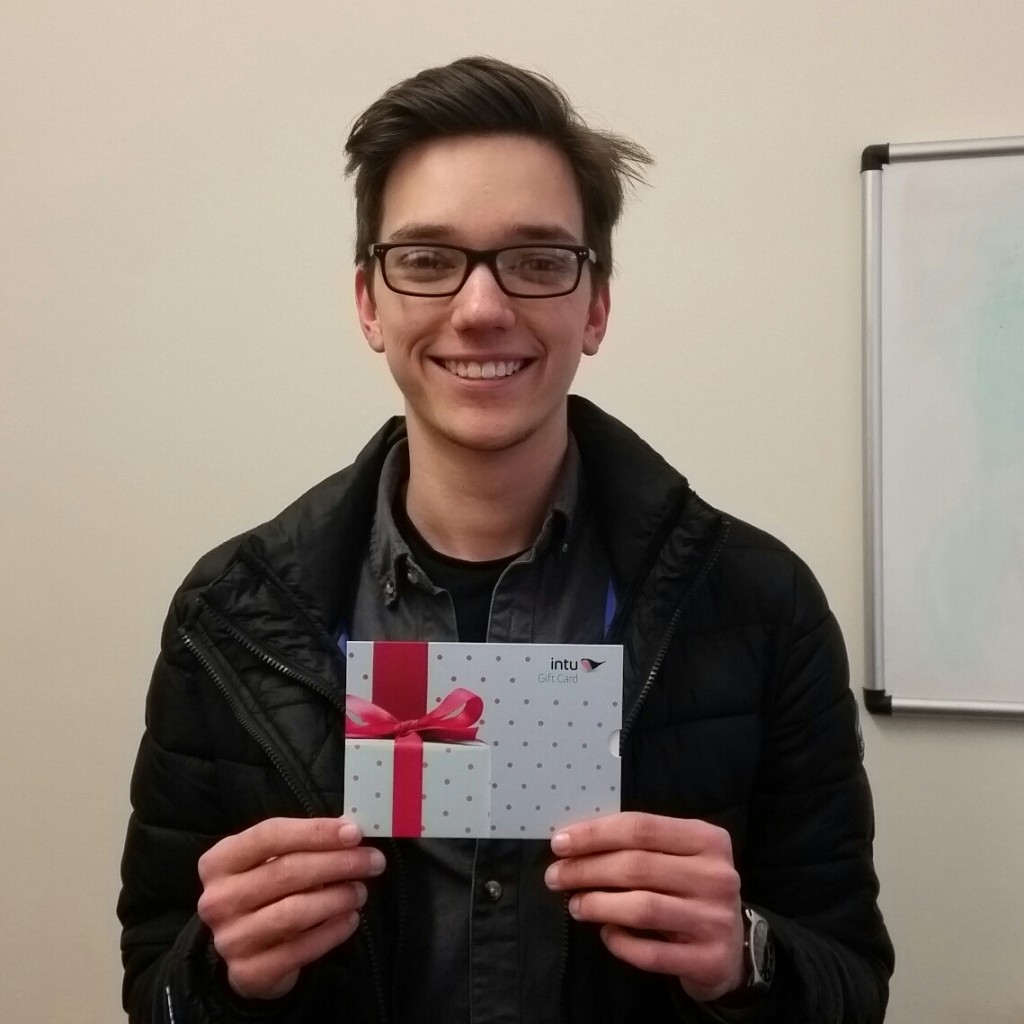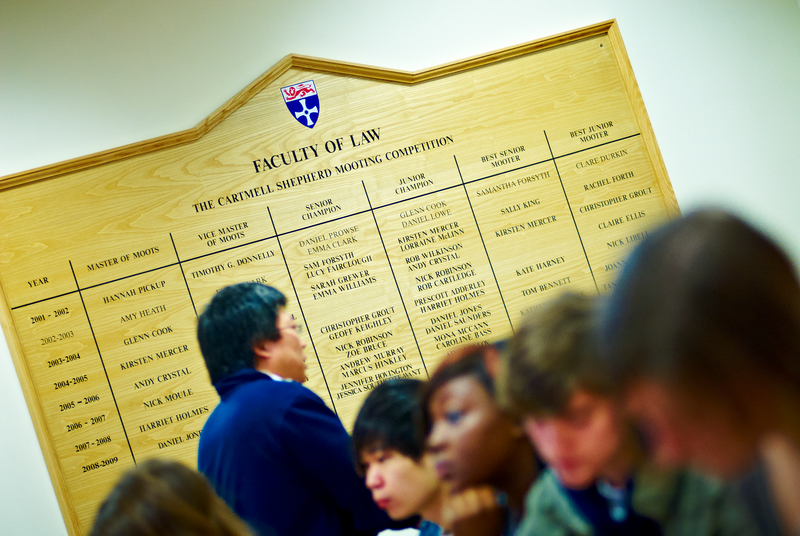In April, the Learning and Teaching Development Service and the Student Union ran some pop up feedback sessions in the Business School, the Robinson Library, the Student Union and the Medical School asking students one question, ‘What one thing would improve your experience of Blackboard or the LSE?’ The same question was also added to the Blackboard My Institution page to which students could give an online response.
In total, 434 students gave feedback, 402 about Blackboard and 32 about the LSE. The student responses were collated and categorised into main themes. Some students covered more than one theme in their answer.
Few students had issues with the functionality of Blackboard and 20.65% of comments were very positive where they felt staff engaged with it. From the small sample of students who commented about the LSE, 43.75% of comments were positive and found it very clear and easy to use.
The main Blackboard issue students raised was regarding organisation and consistency of module content with 22.64% of the students who responded recognising this as a problem. In answer to the question, student comments included, ‘All lecturers using the same way of organising. Everything in the same place!’ and ‘Same layout for every module. It would make it so much easier if all modules had the same layout.’
Other key themes included the mobile application, Blackboard Learn and the availability of lecture materials and ReCap recordings.
This feedback gave us a very useful snapshot of student opinion on the VLE. You can read the full report that was shared at the HaSS and SAgE FLTSEC meetings this month and view the student comments by Faculty, School and Stage.
If you would like any tailored Blackboard training or would like us to work with you to reorganise your modules or come along to your school meeting to discuss creating a school, or discipline, specific template , please contact LTDS.






